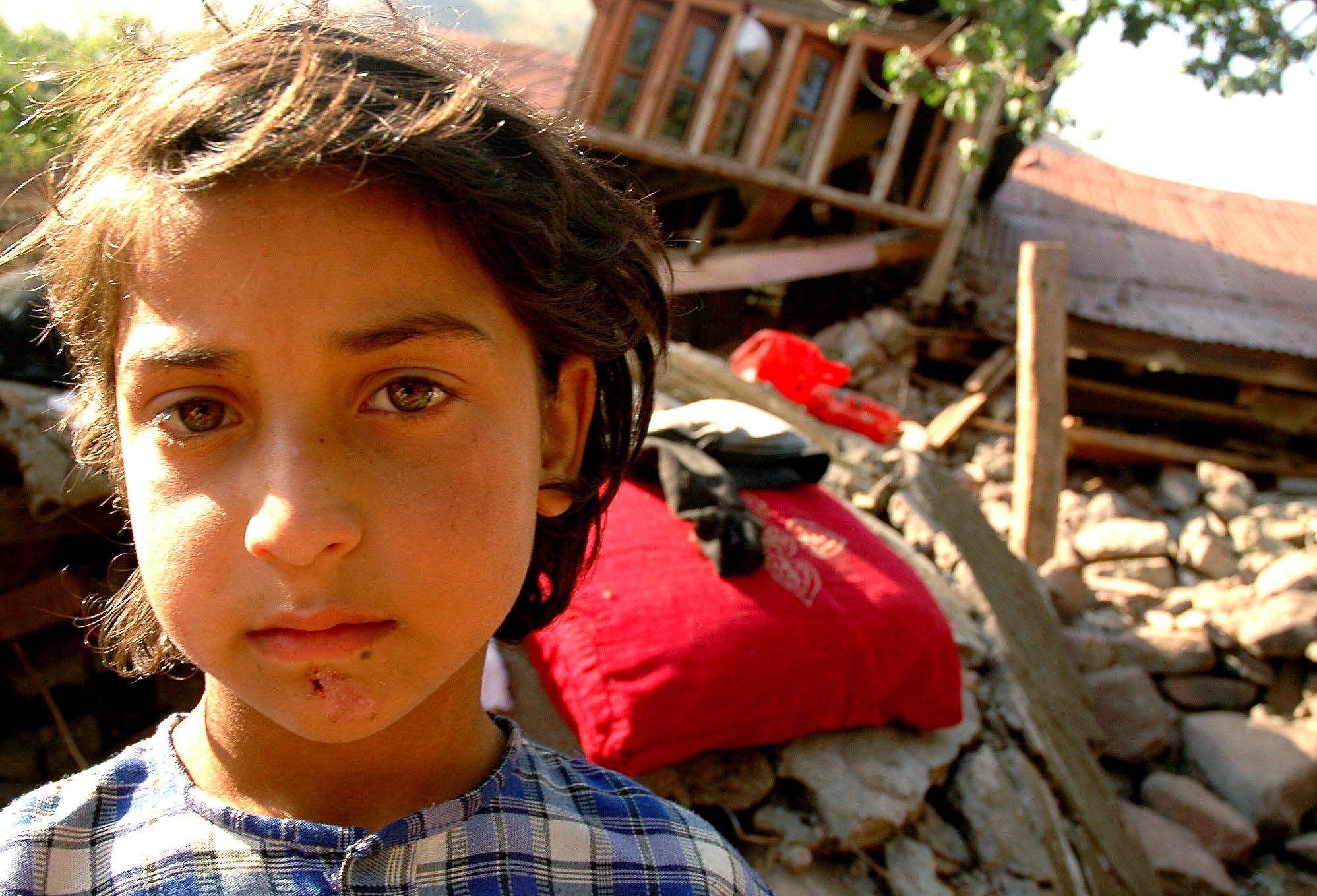
EDITORS’ NOTE: While the predominance of death and destruction from the Oct. 8 earthquake occurred in Pakistan, the following story reports on post-quake needs in the Indian-administered region in Kashmir.
SRINAGAR, Kashmir (BP)–In the Muslim-majority, Indian-administered area of Kashmir, parts of which were devastated by the Oct. 8 earthquake, Christian relief agencies actively attend to the hapless.
NGOs have supplied rice millet, utensils, mattresses, and milk powder to most affected villages. Christian agencies are sending relief mostly through the churches in the valley.
Volunteers are trying to reach the most affected and the remotest villages perched on the hilltops away from main roads. Most of these villages are accessible only on foot, which demands trekking for two to four hours through a steep and narrow strip.
Of the 85 villages affected in the Indian-administered region in Kashmir, around 30 have been reached by Christian agencies or security forces.
Currently, efforts are being made to open up the routes leading to villages which have been cut off from the rest of the state due to landslides. The impacted region includes territory disputed between Pakistan and India, and dangerous due to the activities of militants, who endanger relief volunteers and interrupt delivery of supplies to affected areas.
In Paran Pillan, habitation is sporadic and scattered but around 350 families live here and about 300 of them have lost their homes. A Muslim woman who lost her husband and her son was glad to see a team of volunteers arrive. She has a 17-year-old daughter and is worried about just how to survive.
Dardhkot village is about 12 miles from Baramullah, a steep climb of about five hours by foot. Of the total of 2200 people here, most suffer from multiple bone fractures and severe head injuries. Almost 100 percent of the houses are collapsed. “What they need mostly here is food, water supply, tents, blankets, and milk powder,” a relief worker said.
The destruction is so immense that the federal government has allowed international aid agencies deep into militarized and formerly forbidden areas in Kashmir.
“Any NGO is welcome to the valley to help the victims,” said Lieutenant Colonel P. K. Singh, in charge of the Uri valley relief operations. “We are ready to provide logistics and local support. It might take another twelve to eighteen months for a reasonable restoration of the valley. We will stay put until we finish it,” he told Baptist Press.
Down south in Jammu, in the quake-hit Poonch area, a severely injured Sakura Bi sat and wept near the rubble that was once her house.
The quake caused a partial collapse of the district hospital.
In some areas veterinarians dispatched to attend injured cattle and sheep were asked to treat human beings. “We were mobbed by people in villages like Nawa Gabra,” Riaz Ahmed a livestock assistant said. “The bandages I took for mountain goats were instead wrapped around injured villagers.”
In some places the army built houses for widows who had nobody to help them.
A relief volunteer noted that the real extent of the loss caused by the quake is unknown and that bleak conditions are exacerbated by the greed of local traders who are fleecing quake-hit people.
Frustrated villagers occasionally block roads in Kashmir, to bring attention to their plight.
Telephone services have been restored partly in the valley with the help of army personnel, and the Indian government has offered to pay the equivalent of about U.S. $2,300 to those whose houses were damaged or destroyed.
–30–
















